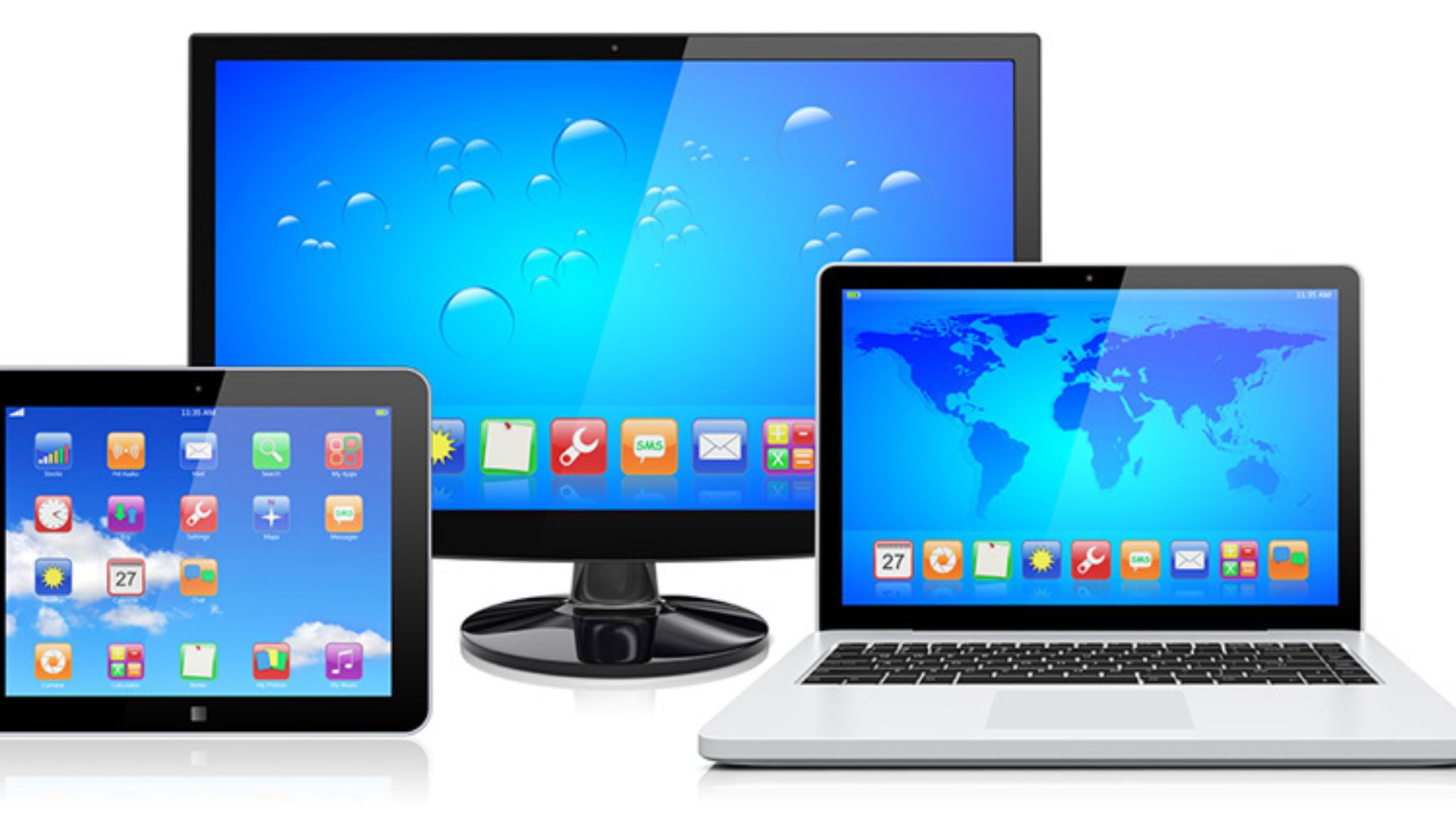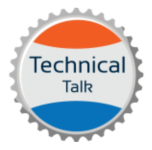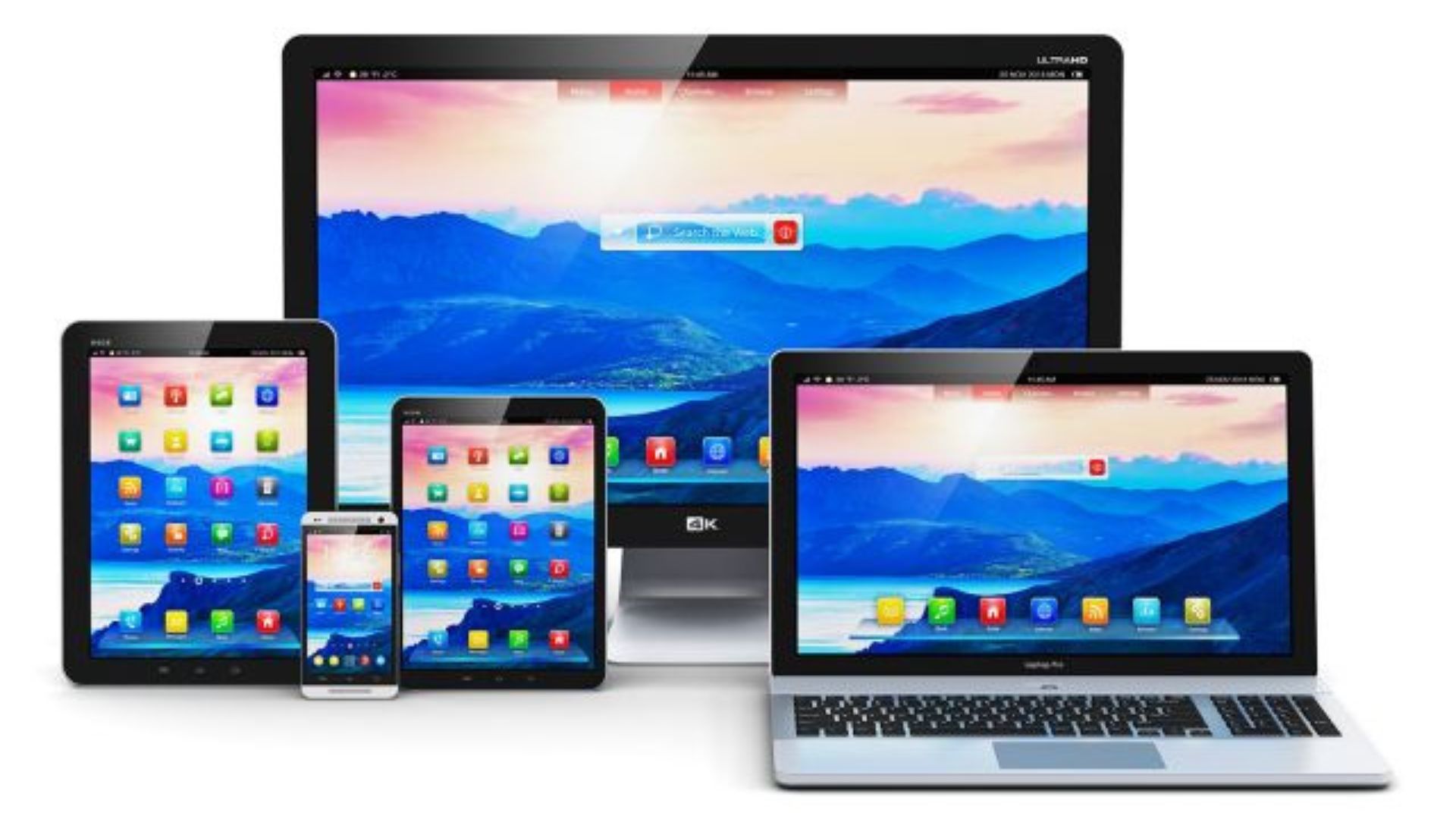The Desktop Stalwart
The desktop computer, a familiar fixture on desks worldwide, remains a popular choice for its robust capabilities and versatility. Housed in a central tower, desktops boast larger screens, dedicated keyboards and mice, and the ability to accommodate powerful internal components. This translates to superior processing power, making them ideal for demanding tasks. These task include, video editing, complex data analysis, and high-end gaming. For games, desktops reign supreme. Customizable graphics cards deliver stunning visuals and smooth gameplay, while upgradeable components allow users to stay ahead of the ever-evolving gaming demands. However, desktops do come with limitations. Their bulkiness restricts portability, making them less suitable for on-the-go users. Additionally, their initial cost can be higher compared to other computer types.
Laptops
For users who prioritize mobility, laptops offer the perfect marriage of power and portability. These compact computers integrate the processing unit, display, keyboard, and touchpad into a single unit, making them ideal for working from anywhere. Laptops come in a variety of screen sizes and configurations, catering to different needs and budgets. From lightweight ultra-books designed for students and business travelers to powerful gaming laptops boasting impressive graphics capabilities, there’s a laptop for every user. One of the biggest advantages of laptops is their inherent portability. However, this portability comes at a cost. Laptops typically have smaller screens and keyboards compared to desktops, which can be less ergonomic for extended use. Additionally, their processing power and graphics capabilities are often limited compared to similarly priced desktops due to space and heat dissipation constraints.

The Ascendancy of Tablets
Tablets, with their intuitive touchscreen interfaces and slim form factors, have carved a unique niche in the computer landscape. These devices are essentially large smartphones, offering a blend of entertainment and productivity capabilities. Their lightweight design and extended battery life make them perfect for casual browsing, watching movies, and reading eBooks. Many tablets also support external keyboards, transforming them into more productivity-oriented machines suitable for tasks like light document editing and email management. For students, tablets offer a portable way to take notes in class or access learning materials. Casual users can enjoy a convenient platform for social media, online shopping, and entertainment. However, tablets typically lack the processing power of desktops or laptops, making them less suitable for demanding tasks like video editing or complex software applications. Additionally, their smaller screens and virtual keyboards can be limiting for extended work sessions.
Specialized Computers for Niche Needs
While the aforementioned categories cater to most users, the world of computers extends far beyond desktops, laptops, and tablets. Supercomputers, the ultimate in processing power, are employed for scientific research, weather forecasting, and complex simulations. These behemoths, often housed in dedicated facilities, utilize intricate cooling systems to manage the immense heat generated by their powerful processors. The realm of specialized computers extends far beyond supercomputers. Embedded computers, for example, are miniaturized computers integrated into everyday devices like cars and appliances. Servers, powerful computers designed for data storage and management, form the backbone of the Internet and cloud computing services.
Conclusion
In conclusion, the world of computers offers a diverse menagerie, each type boasting unique strengths and weaknesses. These types of computers are unique in their own way.From the power of desktops to the portability of laptops, and from the convenience of tablets to the specialized capabilities of supercomputers, understanding the distinct characteristics of these devices empowers users to make informed decisions. Additionally, and choose the perfect computer companion for their digital journey.

